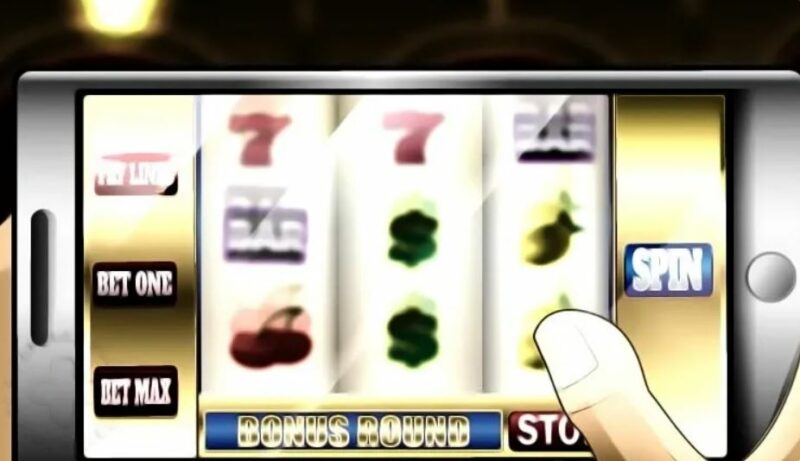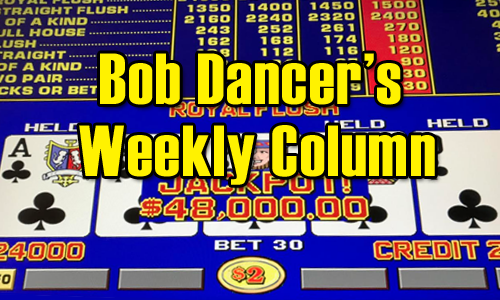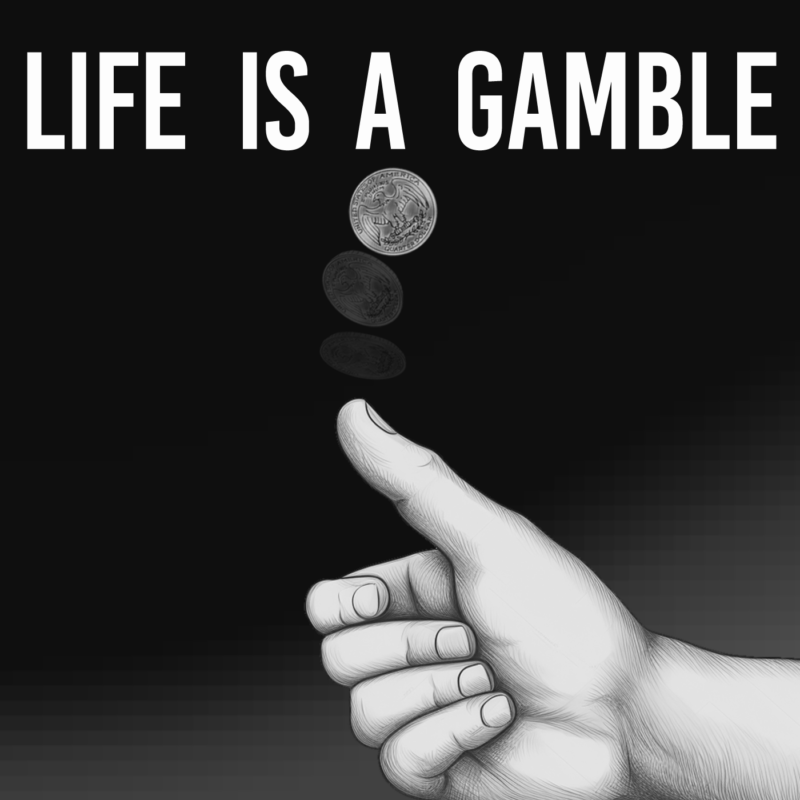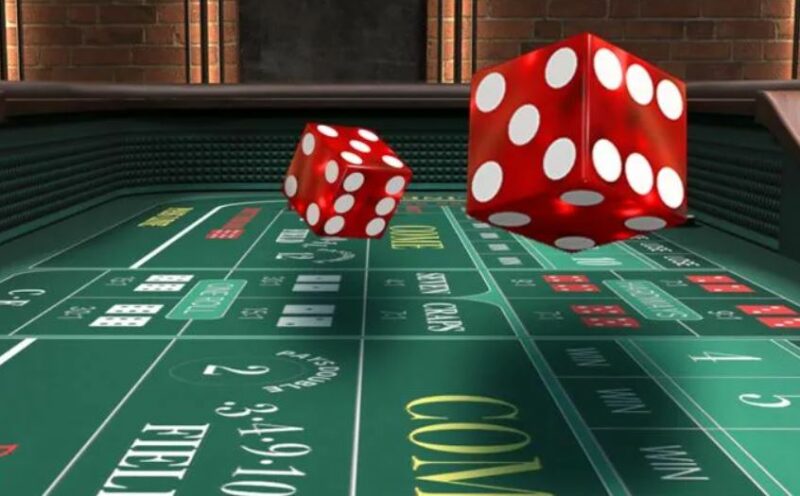
Society has taught us unhealthy false beliefs and values about our attachments to and misuse of money, to the point that it becomes shaming. We are taught not to talk about money: it’s personal business. We have been taught beliefs and values about money since childhood from those close to us, often without fully comprehending how that shapes our relationship with it. Compulsive gambling takes money and causes impacted individuals to lose any respect or connection to it.
One’s relationship to money can change over the course of his or her life and when problem gambling is a factor, this is an understatement. Money can be emotionally uncomfortable, which in turn can cause problem gamblers to get rid of it as fast as they can by betting it away, which over time can set off a chain reaction of financial issues, relationship problems, anxiety, depression, legal problems, and even suicidal ideation.
For someone suffering from problem gambling, money is just a vehicle to get the excitement he or she needs from gambling. Many compulsive gamblers explain this as having “no attachment to the money” while gambling. They don’t know how much has been spent, won, or lost, and it’s not about the money or even winning anymore – it’s only about staying in the action. Problem gamblers also experience cognitive distortions (“magical thinking”), which set unrealistic expectations for gambling such as believing they have control over gambling outcomes or looking at gambling as a way to solve financial problems.
Having access to money is a trigger to gamble, so putting up barriers to money can help on the path to recovery from compulsive gambling. Finding ways to block yourself when you are in the middle of a craving can be effective, and referrals to Access to Cash Self-Exclusion Programs available through the 888-ADMIT-IT HelpLine can be instrumental in succeeding. Here are some things to think about:
- What is your access to money at any moment?
- When do you get paid next? Is it automatically deposited?
- What can be a safety plan to block yourself from access?
- How much do you really need in a day? For coffee? Lunch? Dinner?
- What is the least amount of money it would take for you to gamble?
Find an amount that covers your needs for the day while still remaining below the least amount to gamble. That is the amount you should carry with you. No one needs more than one credit card with them at any time, even for emergencies. Remember that the less access you have to money on you at one time will help block your ability to act on urges to gamble. The free self-help literature packets available through the 888-ADMIT-IT HelpLine, which include the FCCG’s A Chance for Change Workbooks, are just one of many powerful resources that can help you set and stick to a realistic plan for problem gambling recovery.
“The Art of Digging Yourself Out of the Hole” is Really a Tragic Cycle in Disguise
Did you know that there is a second, especially dangerous “high” associated with compulsive gambling? Known as “the art of digging yourself out of the hole”, this phenomenon represents the challenge and thrill of getting out of a situation brought about by problem gambling. Emotions and dopamine, the “feel-good” hormone that’s part of the brain’s reward system, rush until the problem gambler gets themselves “out of the hole”, whether by chasing losses, getting a financial bailout from a friend or family member, or committing a crime like fraud or theft. This high can also trigger another gambling episode, and the dangerous cycle begins again.
Can You Walk Away?
Can you walk away? Can a loved one? Confidential and multilingual help and hope is available 24/7 in Florida through the 888-ADMIT-IT Problem Gambling HelpLine. Getting connected to free resources is as easy as calling or texting the HelpLine number, opening a live chat at gamblinghelp.org, or emailing us at [email protected]. Recovery is possible, and treatment is available.




